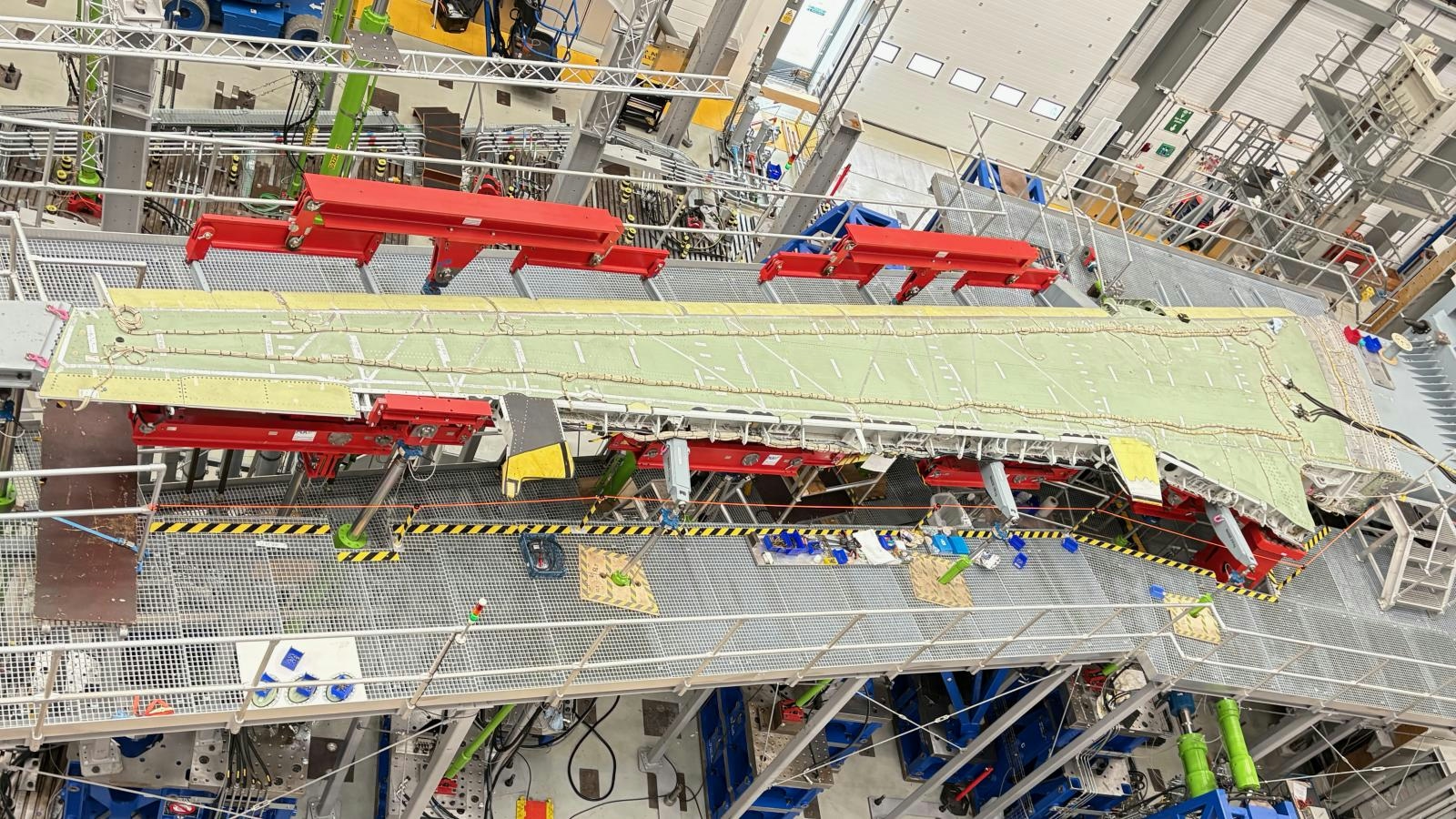أيروجيني — مساعدك الذكي للطيران.
الرائج الآن
Categories
Vietjet Orders 100 Airbus Aircraft and 92 Rolls-Royce Engines in Billion-Dollar Deal

Vietjet Commits to Major Fleet Expansion with Airbus and Rolls-Royce Orders
Ho Chi Minh City – Vietjet, Vietnam’s largest private airline, has announced a significant expansion of its fleet through orders for 100 Airbus A321neo aircraft and 92 Rolls-Royce Trent 7000 engines. Valued at approximately US$25 billion for the Airbus jets and US$3.8 billion for the Rolls-Royce engines and associated maintenance services, these agreements coincide with the elevation of diplomatic relations between Vietnam and the United Kingdom to a Comprehensive Strategic Partnership (CSP).
Strategic Fleet Modernisation and Sustainability Goals
The new orders form a key part of Vietjet’s ongoing strategy to modernise and expand its fleet, building on previous large-scale acquisitions from both Airbus and Boeing. Deliveries of the Airbus A321neo aircraft are expected to commence in 2030, as outlined in a memorandum of understanding signed in June. The A321neo is recognised for its fuel efficiency and reduced carbon emissions, capable of operating on up to 50 percent sustainable aviation fuel (SAF), with ambitions to achieve 100 percent SAF usage by the decade’s end. Vietjet has committed to increasing the use of sustainable aviation fuel across its fleet, which currently includes 576 aircraft on order.
The Rolls-Royce Trent 7000 engines will power 40 Airbus A330neo wide-body aircraft, enabling Vietjet to expand its non-stop services to Europe and enhance its international network. This agreement positions Vietjet among Rolls-Royce’s largest customers, reflecting the airline’s growing global ambitions.
Diversification Amid Geopolitical and Market Dynamics
While Airbus remains central to Vietjet’s growth, the airline has strategically diversified its supplier base in response to global geopolitical tensions and supply chain challenges. In 2023, Vietjet reaffirmed a US$32 billion order for 200 Boeing 737 Max aircraft, following the elevation of US-Vietnam relations to a CSP. The first Boeing 737 Max was delivered in September, underscoring Vietjet’s approach to balancing partnerships with both European and American manufacturers.
Notably, Vietjet’s choice to order from Airbus rather than the Chinese manufacturer COMAC signals a shift in its supplier strategy, which may have broader implications for the Southeast Asian aviation market. This decision could encourage competitor airlines in the region to pursue similar agreements with major aircraft manufacturers, potentially intensifying competition and triggering a pricing war.
Challenges and Market Outlook
Despite the promising expansion, Vietjet faces potential challenges related to ongoing global supply chain disruptions and geopolitical uncertainties, which could affect delivery schedules and costs. Market analysts are closely monitoring Vietjet’s financial stability and strategic positioning as the airline contends with increased investor scrutiny and heightened competition from regional carriers.
As Vietjet accelerates its fleet renewal and international expansion, these latest agreements highlight both the opportunities and risks confronting Southeast Asia’s rapidly evolving aviation sector.

Emirates Unveils Cabin Design for New Boeing 777X

Eighteen Years On, the Airbus A380 Remains Central to a $34 Billion Airline

How a boom in luxury airline seats is slowing down jet deliveries

Navitaire Outage Attributed to Planned Maintenance

DigiYatra Debuts Outside Aviation at India AI Impact Summit

Vietnam Orders Strengthen Boeing’s Commercial Outlook

Airbus Signals Uncertainty Over Future A400M Orders

JobsOhio Awards $2 Million Grant to Hartzell Propeller for Innovation Center

Collins Aerospace Tests Sidekick Autonomy Software on YFQ-42A for U.S. Air Force CCA Program

How the Airbus A350-1000 Compares to the Boeing 777
